In this article we will look at various aspect of this issue, probably one of the most difficult that a manager will have to deal with as it has so many areas that are difficult to deal with on a human level.
Why is personal hygiene important at work?
In the first instance it is important that employees recognise that the employee may not even be aware of their bad personal hygiene.
An employee with poor personal hygiene, in the workplace, can badly affect other employee’s quality of life. It’s essential for all employers to understand how detrimental poor personal hygiene at work can be to co-workers. Many employees believe that bad personal hygiene at work can contribute to a loss of their personal productivity.
Poor personal hygiene can make a working environment unpleasant. Issues such as persistent coughs or strong perfumes can make it hard to concentrate.
This would be a health risk that you should address. This is when you need to consider how to handle both personal health and hygiene at work.
Examples of bad personal hygiene can be:
- Body odour.
- Unclean apparel.
- Bad breath.
- Flatulence.
- Overuse of deodorant, perfume, or cologne.
- Foul-smelling environment or contracting illnesses.
- Persistent cough this may be because of an employee working while they are unwell.
The essentials in dealing with personal hygiene issues at work
The COVID pandemic has made good personal hygiene at work more important than ever.
- Handwashing and sanitisation is vital for businesses
- Established policies will provide common knowledge of hygiene standards for employees to follow.
- Understanding how to implement a workplace dress code helps establish personal hygiene policies.
It’s important to maintain personal hygiene when interacting with a working environment. Important ‘risk hotspots’ to regularly clean include:
- Bathrooms
- Toilets,
- Cubicle handles, flush buttons/handles.
Common areas:
- Kitchens,
- Cafeterias,
- Hallways.
Reception and entrance areas:
- Reception desks,
- Sign-in clipboards,
- Pens,
- Door handles.
Lifts and stairwells:
- Handrails,
- Lift buttons.
Desks and meeting rooms:
- Keyboards,
- Equipment,
- Monitors.
Desks are an extension of an employee’s personal hygiene that can affect others. A messy desk can cause issues for other team members, almost as much as body odour and persistent coughs. Co-workers may raise issues such as cluttered desks as a problem. This would be an appropriate topic when discussing personal hygiene and an example of poor personal hygiene at work.
Don’t discriminate when dealing with personal hygiene issues at work
Any personal hygiene policies should coincide with any existing employee’s rights. The Equality Act 2010 fully outlines these rights.
Personal hygiene policies should respect any individual that can’t accommodate certain standards. These policies shouldn’t discriminate against any protected characteristics.
Employers must consider the the following when thinking about taking disciplinary action over an employee’s bad personal hygiene:
- Is it due to religious beliefs/cultural differences?
- Is a bad standard of hygiene because of a medical concern, emotional stress, or a disability? and
- Does the employee have financial issues that make it difficult to address poor personal hygiene?
How to deal with personal hygiene issues at work
The best way to deal with personal hygiene issues at work is to raise the issue politely and professionally with the member of staff. It must be handled discreetly, by arranging a meeting with the employee in question.
There are only two parties that should intervene with poor personal hygiene at work. These are the employees with bad personal hygiene and HR managers. Before meeting the employee, the manager must:
- Ensure you have all the facts.
- Don’t go off hearsay.
- Gather your knowledge first-hand. If possible. and
- Be able to reference the issue directly, such as scruffy clothing/body odour.
- Approach the employee and arrange a meeting.
- The issue must be dealt with sooner rather than later.
This way you can avoid further issues with other employees and to spare them being the focus of gossip.
Positive reinforcement and work-based compliments ensure the employee doesn’t feel victimised.
- Remain professional and don’t overstep your position.
- Avoid placing blame,
- Don’t give unsolicited advice.
- Don’t attempt to diagnose the employee.
- Address the poor hygiene with the employee and
- Allow the employee to speak their mind.
If they become emotional or defensive, try to maintain your supportive tone and manner. Bring the discussion back to positive terms so it can continue in a way that’s beneficial to both parties.
After talking to the employee about their poor hygiene arrange a follow-up discussion.
- Communicate your expectations.
- Discuss what the employee’s next steps should be. and
- Set a timeline for improvements.


